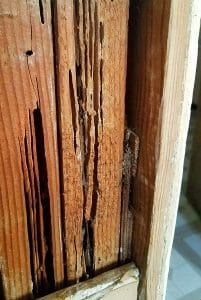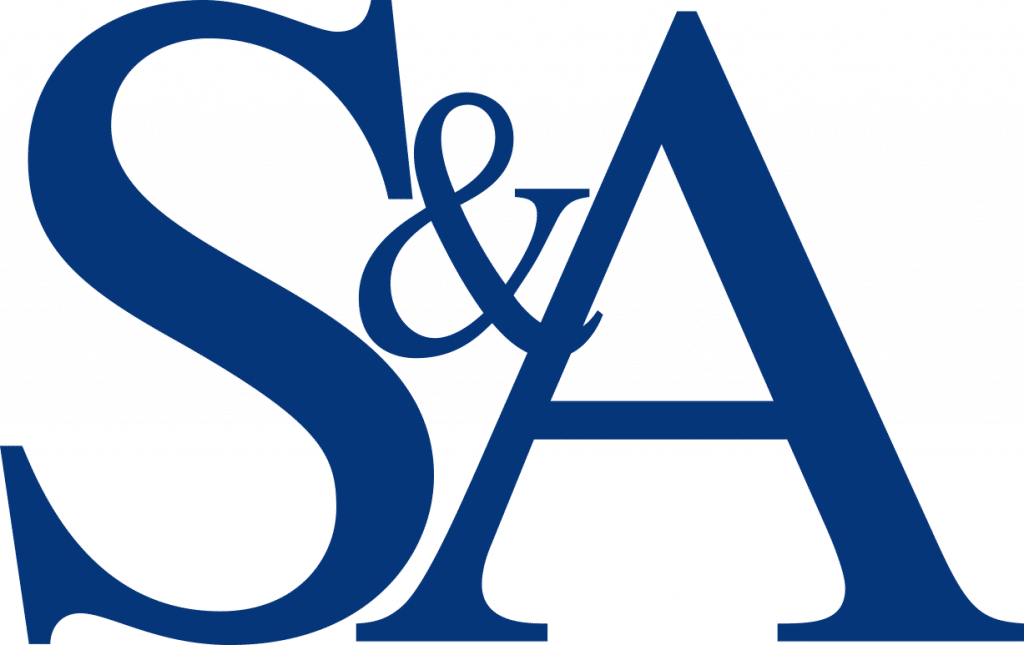In Cook County, every six months, we receive our real estate tax bill from the Treasurer’s office. You can get a copy of any recent real estate tax bill in Cook County at this link.
The first of the two installments become due each March 1 unless that deadline is extended due to an emergency such as the Pandemic. The first installment balance due should total 55% of the full tax bill from the previous year. For example, if the home’s last full tax bill was $10,000.00, your first installment for the following year should be $5,500.00. Generally, the first installment is simple math.
Predicting the second installment can get a bit tricky and needs a bit of understanding of how real estate taxes are calculated in the first place. The Assessor’s website gets into the weeds a bit, but for most deals it comes down to this: Assessed Value x Local Tax Rate x State Equalizer, less any eligible exemptions and payments previously made toward the tax bill.
Assessed Value: Every three years, the Assessor puts a property value on your home; basically, his estimate of the market value of your home. His property value, which Your Lawyers can help you appeal, can be found on your tax bill or at the Cook County Tax Portal. Assessed Value for residential properties is simply 10% of the Assessor’s property’s value. Continuing our $300,000.00 purchase price example from the transfer tax discussion, the Assessed Value would be $30,000.00.
State Equalizer: This second factor is designed to create unity among the assessments throughout the State. A more thorough explanation can be found here. The Illinois Department of revenue is charged with calculation of this figure that is published once a year in June or July. The 2020 State Equalizer increased from 2.9160 in 2019 to 3.2234
Local Tax Rate: This figure is different for each municipality and in Chicago is different depending on which section of the City the property lies in. You will need a copy of the tax bill to obtain the Local Tax Rate. A copy of the most recent Cook County tax bill can be obtained at this link. As of this writing the Cook County Clerk’s Office is still calculating the tax rates for each taxing body affecting the property.
We then need to subtract any eligible exemptions and payments previously made toward the amount owed.
Below is an interactive calculator that will allow you to better understand your current taxes and estimate future taxes for Cook County properties.
Cook County Tax Bill Links
Get a Copy of Your Tax Bill
Check Your Payment Status or Make an Online Payment
Pay By Mail or In Person
Pay At Chase Bank
Pay At Your Local Community Bank
Update Your Name or Mailing Address
Overpayment Refund Search













